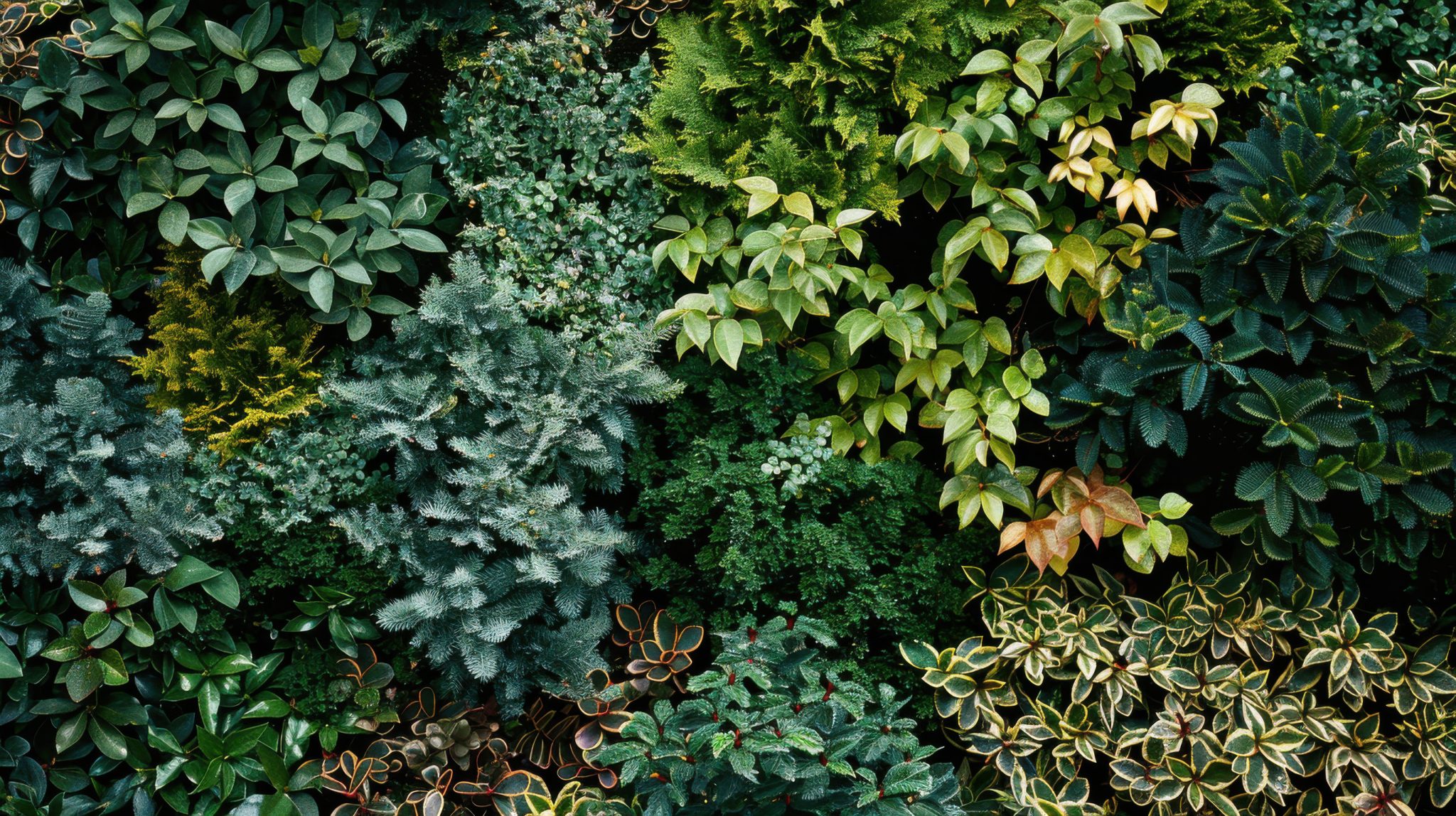Last week we shared a story about how more Germans are moving to a vegetarian or flexitarian diet. Cutting meat out of our diets means replacing this protein and fatty acid source with a nutritional alternative, but what are the most sustainable alternatives available? This is exactly the question that Ole G. Mouritsen, a professor at the University of Copenhagen’s food science department, sought to answer in his new study about what the future of food might look like.
So what does Mouritsen see as the most sustainable food source of the future? Algae, seaweed, and fish species usually defined as bycatch. For example, Mouritsen and his fellow researchers found that sprat, a relative of herring which is widespread in Danish waters, could satisfy 20 percent of Denmark’s protein needs, but right now, this fish is usually thrown out or used in animal feed. Expanding our fish consumption horizons would not only meet protein needs, but also reduce pressure on populations of overfished species like cod, plaice, and salmon.
Seaweed and algae are an incredibly sustainable food option as they are fast-growing and emit low levels of CO2. They are also packed with healthy nutrients and vitamins. Some people are reluctant to eat these foods because of their “fishy” flavor, but the researchers noted that these sea plants have high flavor potential because adding enzymes can easily expand their flavor profiles. Enzymes can even bring out some of the umami flavors we traditionally associate with meat.
“Food consumption habits take time to change. We have been eating and preparing meat for more than a million years. So even though seaweed, squid, and mollusks contain important fatty acids and vitamins, and can taste great, we remain reluctant to count these species among our food sources,” said Mouritsen.










